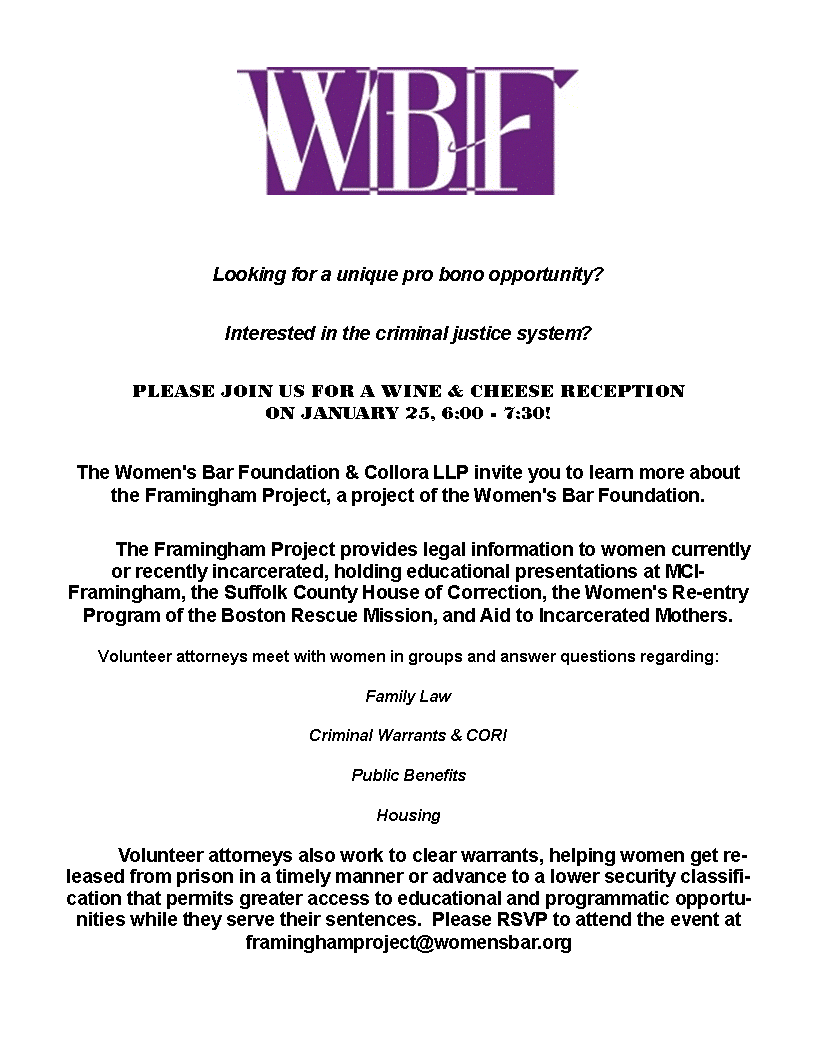For those of you following the current controversy over Massachusetts sentencing bills, Families Against Mandatory Minimums has this update:
- As of last month, the conference committee that was trying to negotiate a compromise between the Senate and House sentencing bills had not made progress. As you know, the Senate bill included mandatory minimum reforms (along with many other issues) while the House bill only addressed habitual offenders.
- The House leadership then announced that the House of Representatives would be debating and voting on a second sentencing bill that covered some of the other issues from the Senate bill.
- But by early February, the House leadership said that the House members of the conference committee could negotiate a final bill after all, without the need for the House to take up a second sentencing bill. FAMM members did a terrific job of writing to their representatives in the House, urging them to include drug sentencing reforms.
- Meanwhile, there has been an outpouring of concern about changes to the habitual offender law (also called the “three strikes” law) that both the House and Senate passed. FAMM has joined community leaders, clergy and activists in speaking out against mandatory maximum sentences. Click here for our fact sheet. (Lowell area members, we hope to see you at tonight’s community forum.)
- Opposition to the habitual offender parts of the bills has slowed down the conference committee’s work – and rightly so. This is a critical criminal justice issue that needs to be fully considered.







